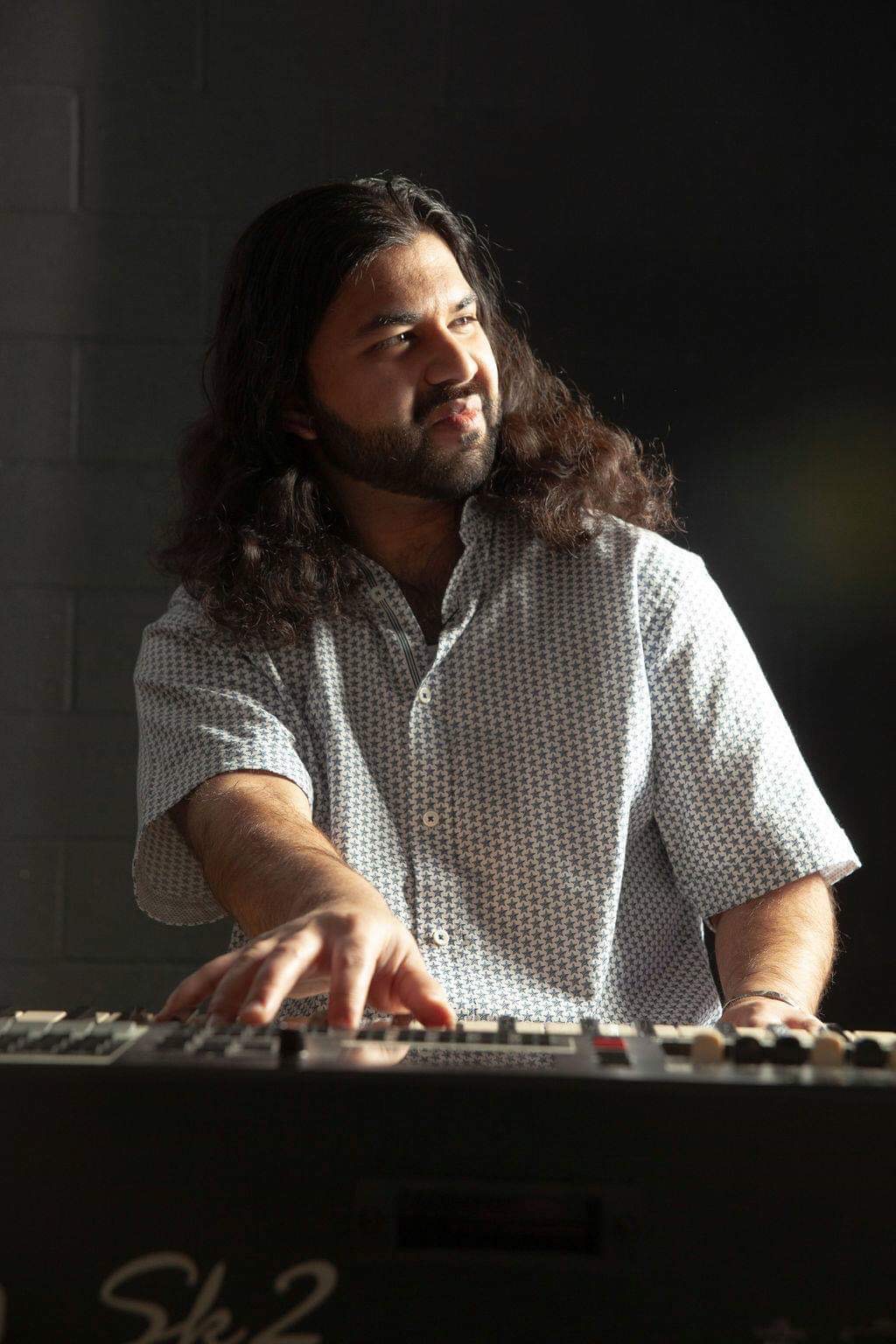Devotion
As a piano teacher, one of my most important jobs is assigning repertoire. By the time a student is 12 or 13 they have a pretty good idea of music they like but often, they aren’t familiar with Classics. Typically, I send youtube links of pieces that I hope they will enjoy and feel inspired to learn. If my student falls in love with the sound of the composition, they may decide to make a big leap and do the hard work that playing that piece entails. The transformation of a student when they work on a Classic is often massive. Not only does their craft improve, but also their artistry can blossom. Over the years I’ve witnessed this transformation through students playing pieces such as Debussy’s Clair de Lune, Chopin’s Fantasie Impromptu, and many of Bach’s Preludes and Fugues. That’s why I wasn’t surprised when Kiran described his experience learning the Pathetique sonata as a teenager.
According to Wikipedia, Ludwig van Beethoven wrote the Sonata No. 8 in C minor, Opus 13, better known as the Pathetique in 1798. Beethoven was 27 years old when he wrote it and performed it. The entire sonata contains three separate pieces called movements. It’s the first movement with its slow introduction and explosive Allegro (Italian for quick), that is most familiar to students and audiences.
Many scholars have studied the Pathetique’s innovative musical elements, and there are a total of 32 piano sonatas containing multiple movements by Beethoven. Pianists can spend their entire lives working on them and find inspiration and challenge, along with empathy for the man who wrote them. I believe Kiran experienced connection and elevation by learning and playing this masterpiece. This meaningful involvement with the Pathetique may have ultimately set him on an ardent path of personal expression through the vehicle of music.
Why is this so important? Why do people need works of art? Is it because experiencing such beauty firsthand can trigger breakthroughs in consciousness? Does it make people more human, capable of deeper empathy and more peace with the mysteries of life? Yes and yes, absolutely. Perhaps these things occur because Beethoven, Bach and other great composers were able to not only be incredibly skillful with their craft, but were also undeniably themselves. Spending the time it takes to learn masterworks eventually makes one feel intimately involved with the composer. This makes possible a “friendship” that knows no bounds in time. I believe it also nurtures an environment for the musician to feel safe to evolve into a better, richer version of one’s self.
I love pop music and also find art in it, but it is incredibly valuable to piano students to be exposed to timeless music from the eras when recordings were impossible. Writing music down was the only option to Beethoven to insure that his composition would endure over generations. It was the only way for a musician of his era to share what was in his head. This is why learning to read notation is so important. It is a means to an end, hopefully resulting in deeper, artful understanding.
This must be exactly what Charlie Parker meant when he suggested knowing one’s instrument, knowing music and then forgetting it. In other words, learn your craft and instrument by studying well-written music by those composers who care the most. Then, be yourself. I would add one thing: Share your skills with someone else who needs what you have already discovered.
It’s been a few weeks since I chatted with Kiran and I’ve thoroughly enjoyed re-listening to his episode, taking notes and ruminating on his life in music. He’s honest and I sincerely appreciate that. For example, he recalled how strange it was to play in “guitar keys” such as E, A and D, when he first sat in at the Blues jam at Bourbon Street upon first moving to Nashville. He admits knowing next to nothing about Hammond organs a few years ago, and the initial help he received from previous podcast guest Larry Van Loon. He’s open about “failures” which were actually just lessons, such as the incident of taking on too much work writing a musical.
I am struck by his good fortune in finding mentors at all stages of his career. These giving human beings include early piano teachers, school music teachers, concert pianists, community band leaders, gigging musicians, professors, and outstanding freelancers. Not only has Kiran been blessed by the presence of these people in his life, but he’s been instrumental in integrating their guidance to benefit as much as possible from their wisdom.
Another great quality Kiran has that he mentioned repeatedly is his ability to value his real loves—jazz, expression, freedom in improvisation, immersion, composition and interaction. He has found a way to do these things, and he’s been willing to pay the price pulling all-nighters and building skills as needed. The Pathetique sonata isn’t automatically learned. Musicals aren’t magically composed. Notation software skills are polished by practice and use. Kiran is simply devoted to music.
Thanks to everyone for coming along on this journey. This is the tenth episode of this podcast and I am so much richer for having spoken with all the guests so far. In closing I leave you with this quote from Friedrich Nietzsche. “Without music, life would be a mistake.” Until next time…sing, drum, dance, write and definitely record.
